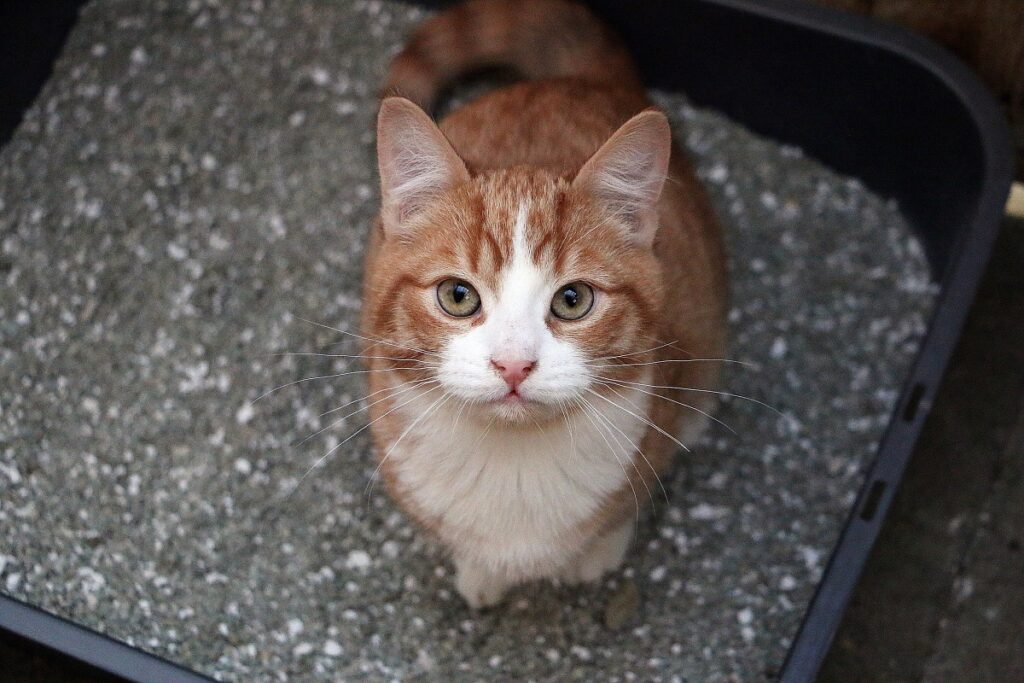Press Release
16 May 2023
CVS’ Lumbry Park, Axiom Lab and Finn Pathologists investigate antimicrobial resistance in feline urine collected by cystocentesis

CVS’ Lumbry Park Veterinary Specialists, Axiom Veterinary Laboratories and Finn Pathologists have conducted a study to investigate the prevalent strains of bacteria in feline urine and to understand the culture and sensitivity profiles for cats in the UK.
Bacterial urinary tract infections in cats with FLUTD are estimated to be present in around 8 – 19% of cases[i]. However, FLUTD is one of the most common reasons for the use of antimicrobial drugs in veterinary medicine and is therefore an important condition to consider to minimise antimicrobial use and development of antimicrobial resistance[ii]. The prevalence of bacterial strains and their resistance to antibiotics in urine samples from cats in the UK have not been widely reported previously.
This study sought to understand the prevalence of bacterial species isolated from 2,712 urine samples collected via cystocentesis from UK cats. Findings showed that 15.7% of these samples had a positive culture, with E. coli (43.7%), other Enterobacterales (26.4%) and Enterococcus spp (14.9%) being the most common isolates identified.
Antimicrobial susceptibilities and resistance were tested in the study. Notably, Enterococcus species were frequently found to be resistant to multiple antibiotics, and several other isolates demonstrated resistance to frequently used antibiotics.
The data showed Enterococcus spp. were much less susceptible to trimethoprim and sulfamethoxazole (TMPS) than have been previously documented (with 94% of isolates resistant). Additionally, other Enterobacterales had resistance against cephalosporins and penicillins. Data surrounding cephalosporin resistance is particularly notable and problematic; recent data has indeed shown that the cephalosporin cefovecin is a commonly prescribed antibiotic[iii] for cats presenting with lower urinary tract disease. Data in the present study adds to the existing evidence that the use of cephalosporins such as cefovecin may be ineffective in many cases (intrinsic resistance of Enterococcus spp) and therefore should be avoided unless cystocentesis and signalment results support their use. The inappropriate use of antibiotics for bacterial cystitis could not only be ineffective to manage bacterial cystitis in cats but promote further antimicrobial resistance.
Clarisse D’Août, lead author of the research and Internal Medicine Specialist at Lumbry Park Veterinary Specialists, said: “Even though feline lower urinary tract disease is one of the most common reasons for vets to prescribe antibiotics, the prevalence of bacterial strains in the urine of cats with this condition, and their resistance to commonly used antibiotics, had not been widely studied in the UK to date. So we hope that this study can add to the current evidence to making well-justified and practical recommendations in practices about which antibiotics to choose and those to avoid. We see this ongoing susceptibility testing as clinically important to avoid the development of further resistant bacteria.”
To conduct the study, urinalysis results from feline urine samples submitted and analysed by Axiom and Finn over a period of 14 months[iv] were reviewed. Urine samples had to have been obtained by cystocentesis and signalment information recorded by their submitting vet[v]. These samples did not have to come from cats presenting with FLUTD signs and therefore consideration should be given to a different (potentially even more increased) prevalence in cats presenting with LUT signs.
CVS Group operates across small animal, farm animal, equine, laboratories and crematoria, with over 500 veterinary practices, referral centres and sites in the UK, the Republic of Ireland and the Netherlands. In the last five years the company has invested nearly £80 million in its sites, facilities and equipment, in addition to industry leading training and support, to give the best possible care to animals.
